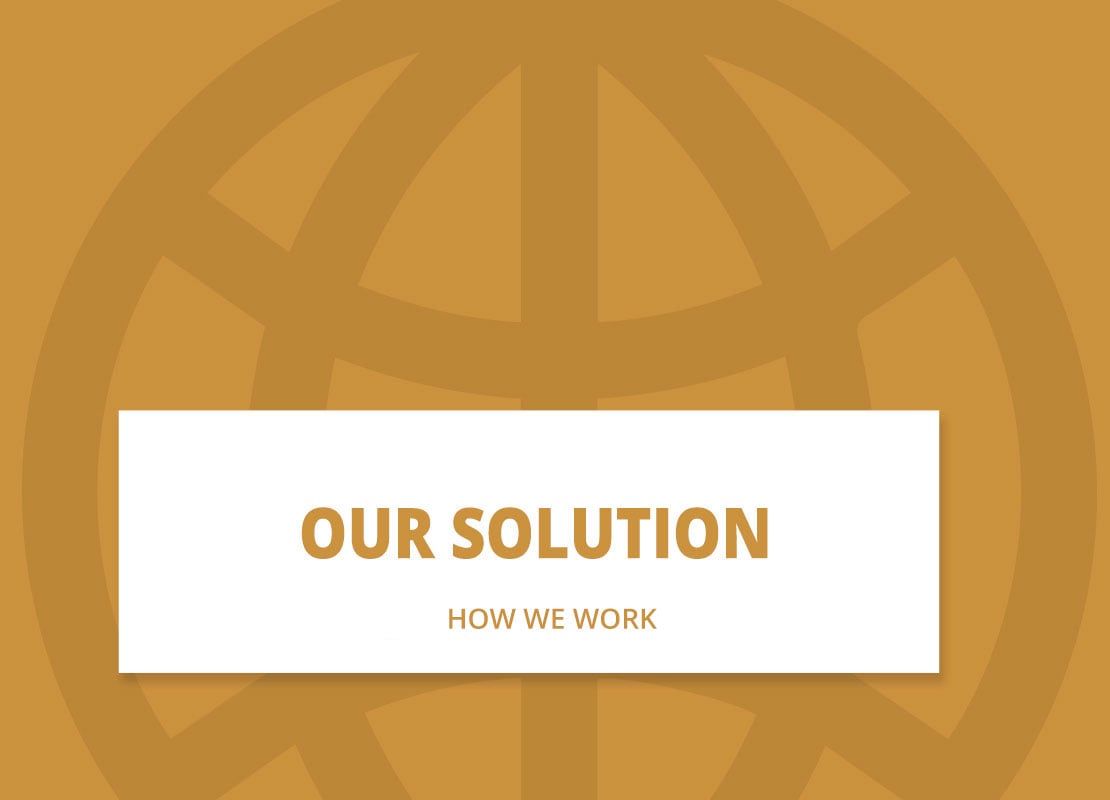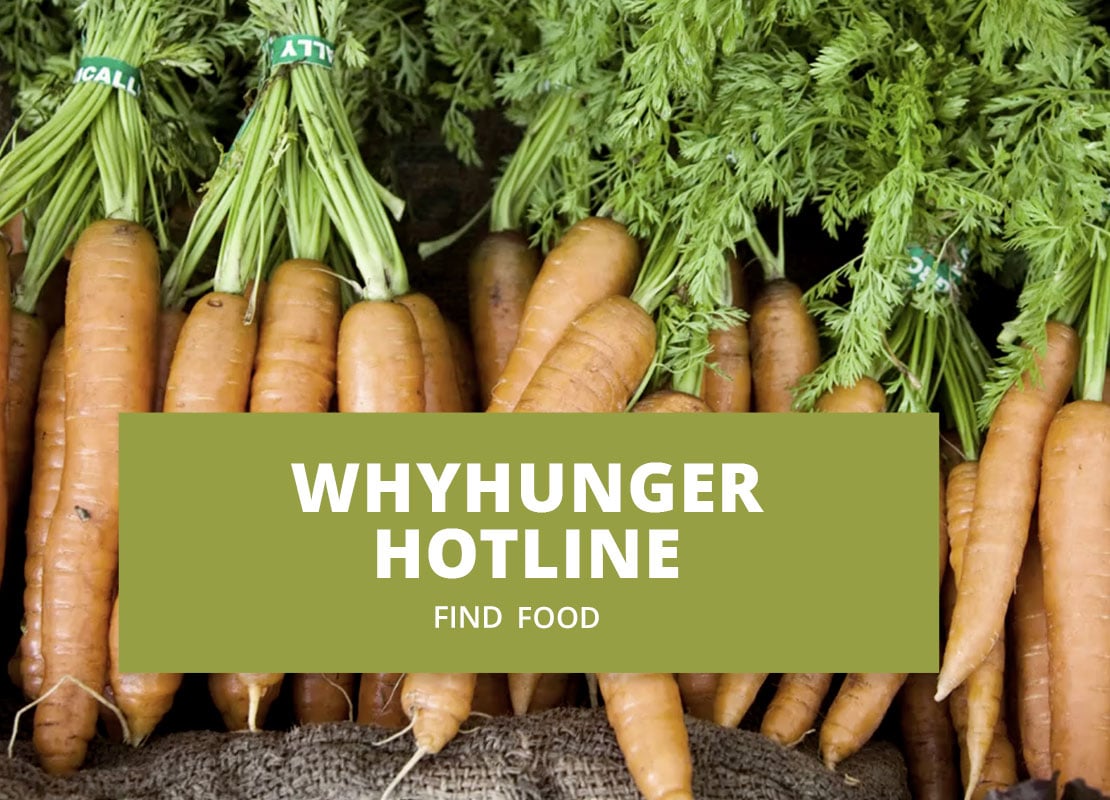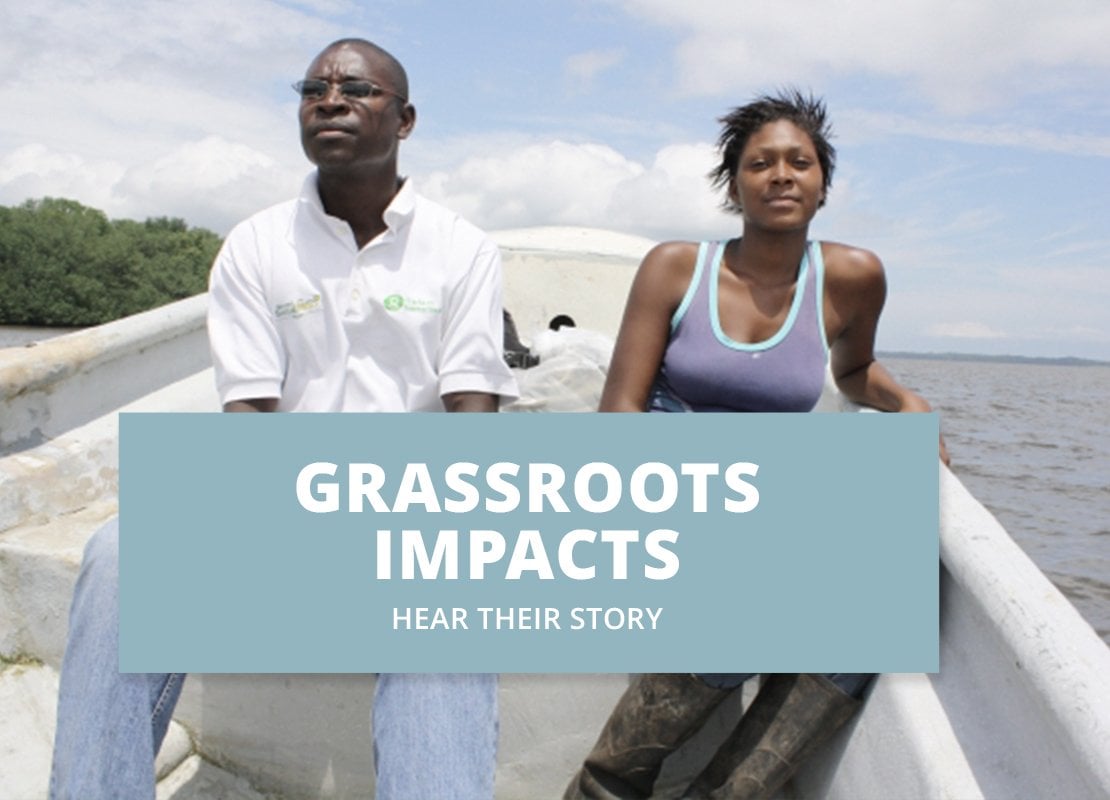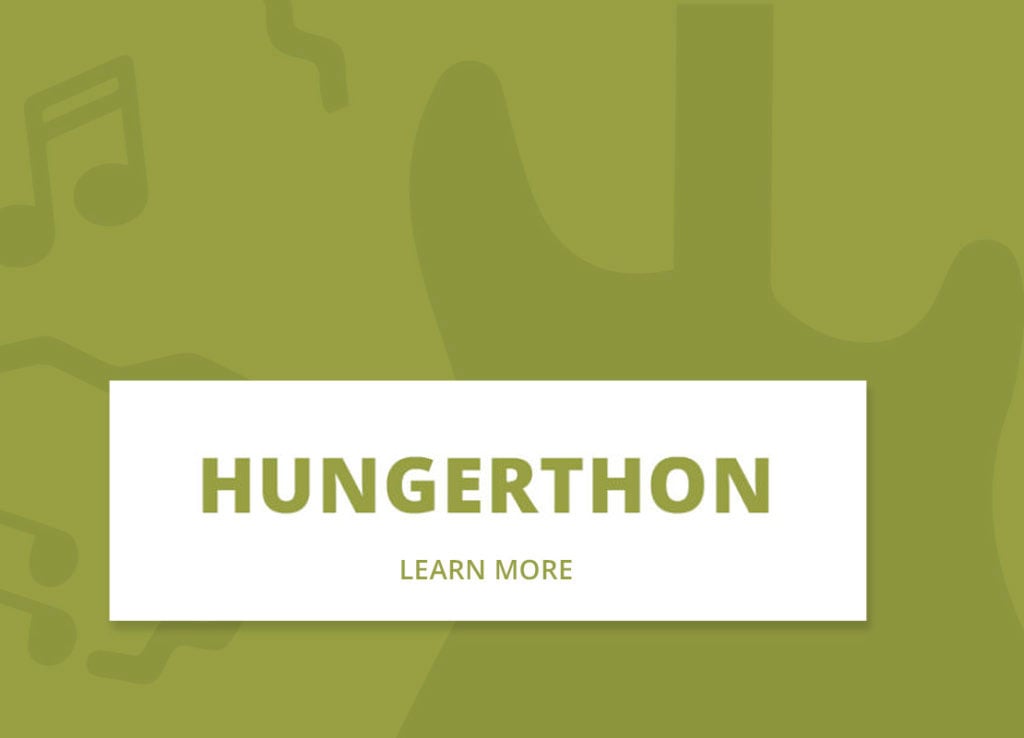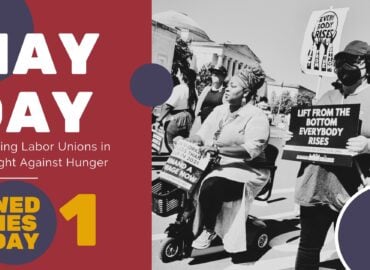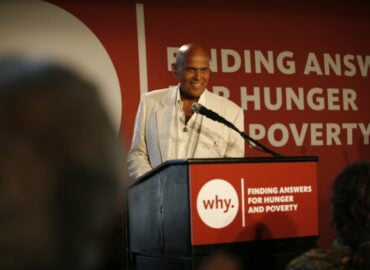Honoring Labor Unions in the Fight Against Hunger
Honoring Labor Unions in the Fight Against Hunger As May arrives and the global north bursts into full bloom, we stop to recognize a date that carries profound significance for millions worldwide: May 1st, International Workers’ Day, also known as May Day. While many may associate May with sowing seeds […]





